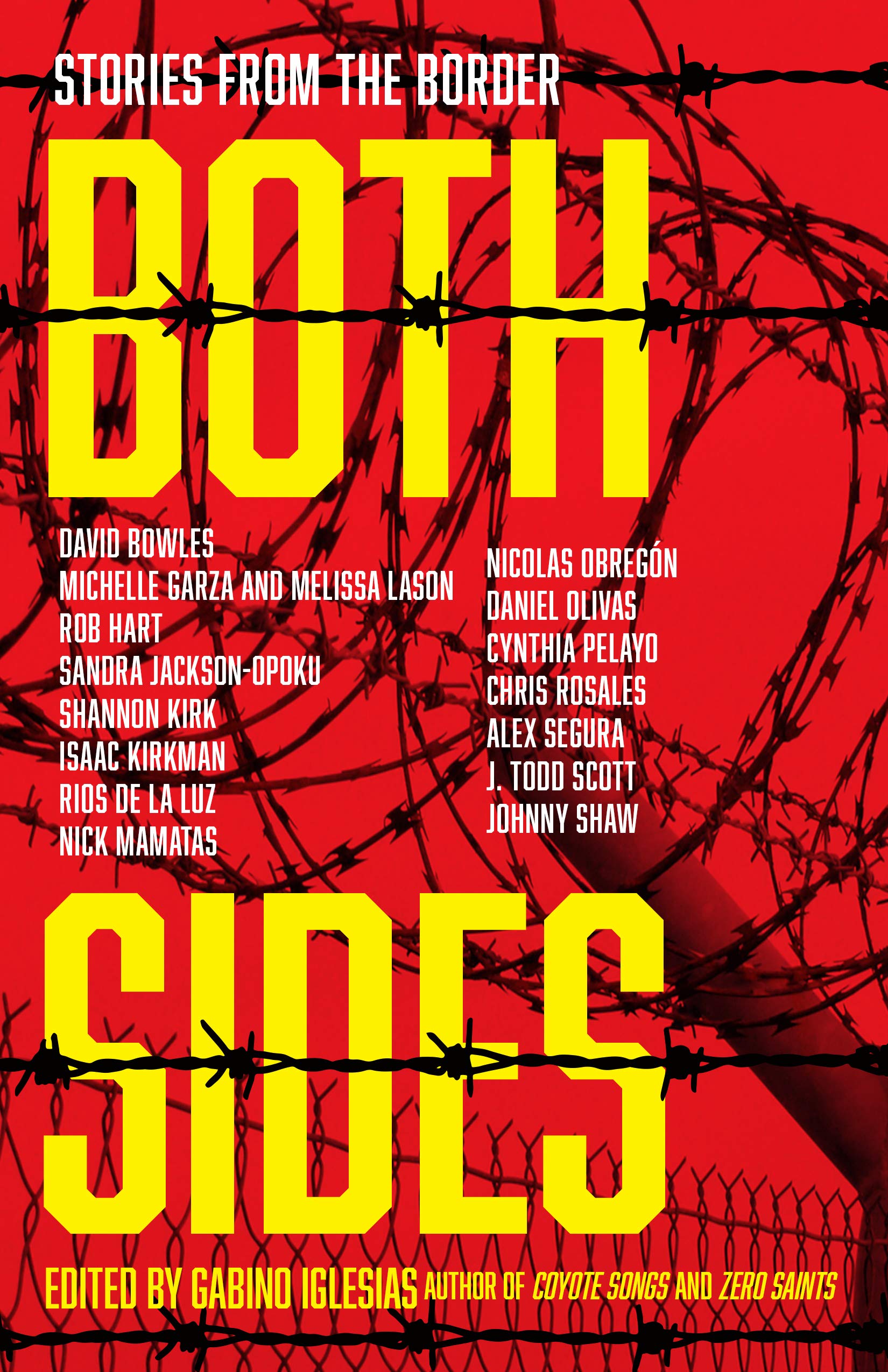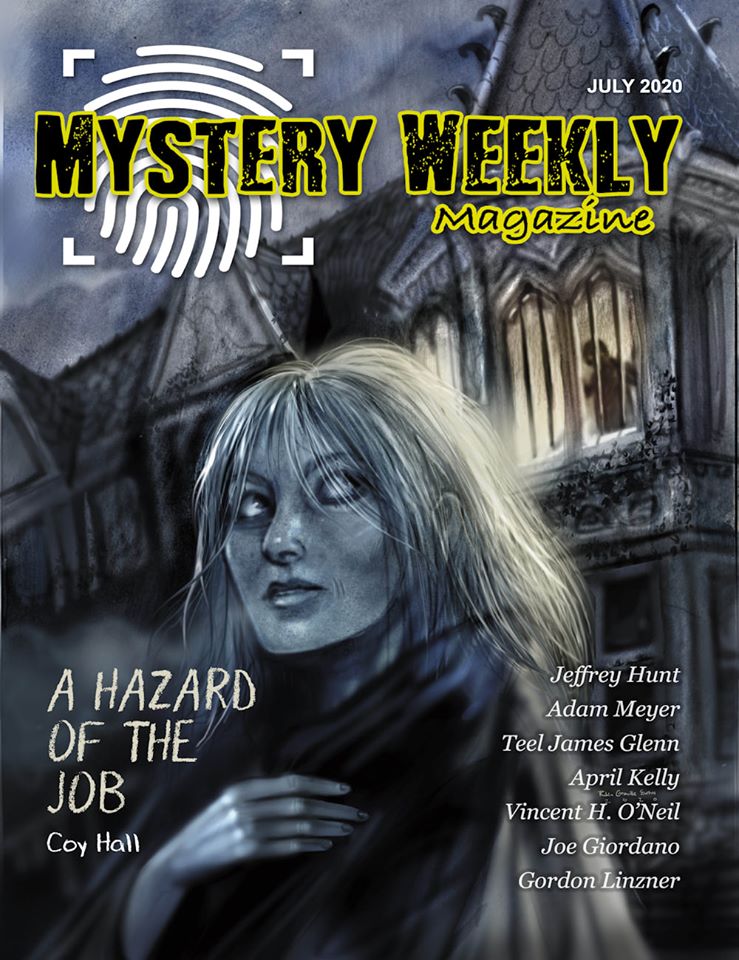"What Brings You Back Home," by Michelle Richmond, in Alabama Noir, edited by Don Noble, Akashic Press, 2020,
The publisher sent me a free copy of this book.
This is a sly one. I enjoyed it a lot.
The nameless protagonist has returned to her childhood home of Mobile. If anyone asks she leads them to think that her work is "as innocuous as it is forgettable. She's in marketing, right? Or is it advertising?"
Neither one, as it turns out. She's up to something else, but maybe not entirely unrelated to those professions mentioned above. And maybe they aren't as innocuous as they seem...
Twice I thought I knew where this story was going. Twice I was fooled. Midway through we realize what is going on and the trajectory changes, becomes more, shall we say, polemic. That wouldn't have worked nearly so well if Richmond hadn't set it up with the first-half.
Title is a nice choice. And here is my favorite bit of writing for the week:
"When you come from poor, poor is always in your head..."






